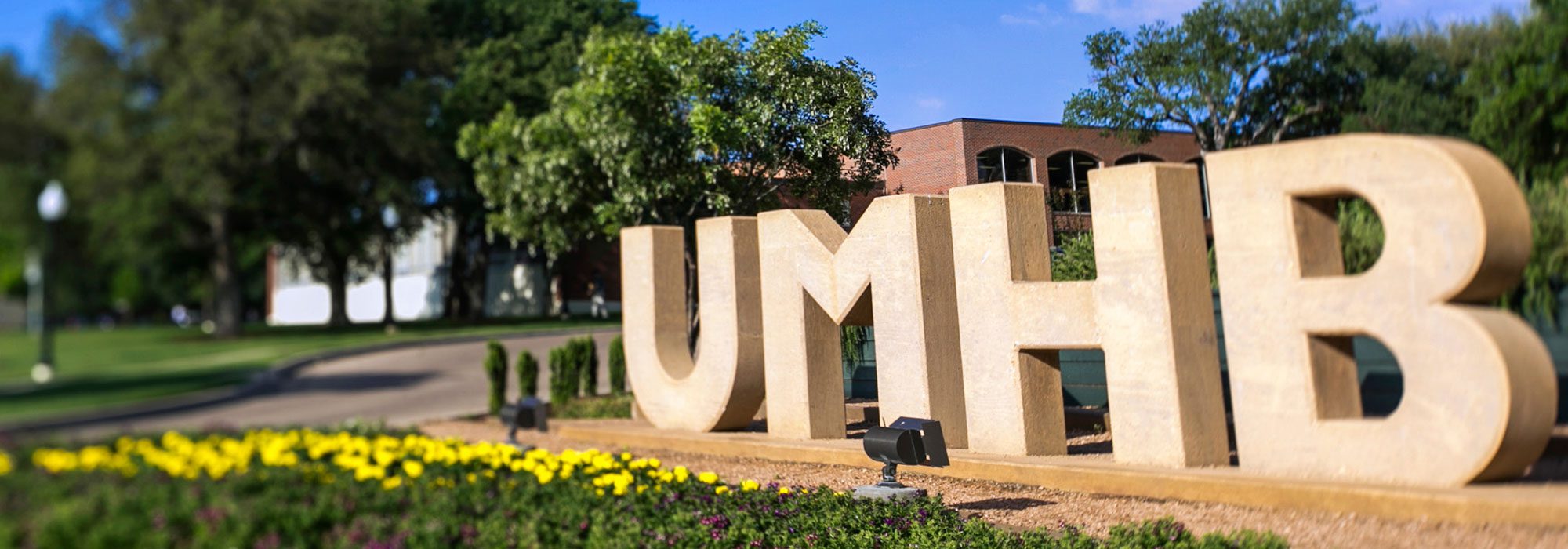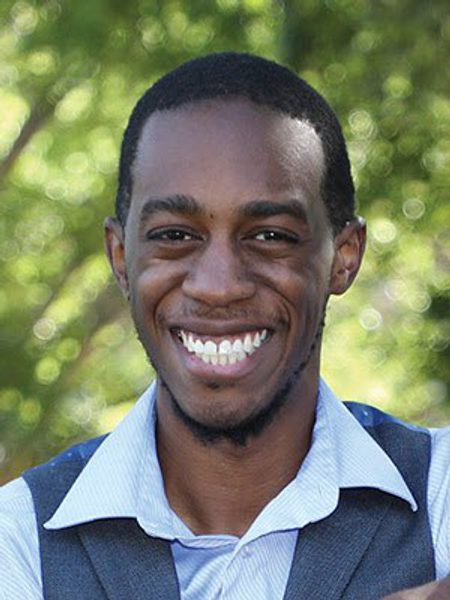Belton, Texas – On Tuesday, September 18, Malcolm Foley, a PhD student in Baylor University's Department of Religion, led a Christian Studies Forum in Manning Chapel on the ͬ�ǿ�Լ campus. His speech was titled “The Gospel in Flames: Lynching and the Black Churches.”
Foley’s dissertation studies have focused on the response of Black Christians to lynching from the late 19th century into the early 20th century. Aware of the sensitivity of his subject matter, he began his presentation with a warning for the members of his audience.
“The events that we’re going to discuss this morning are incredibly dark,” Foley said. “This period, like all of human history, is full of incidents of human beings’ inhumanity towards other human beings.”
Foley argued that, uncomfortable as the conversation around these events might be, it is necessary.
“I’m firmly of the opinion that evil is not defeated when we look away from it,” Foley said. “As Christ’s death and resurrection were the most successful full-frontal assault on sin that the world has ever known, so also we, as those united to that same Christ and as partakers of that same Holy Spirit, must look evil in the face, determine its root, and pluck it out.”
To illustrate his definition of “racial terror lynching,” Foley gave the real-world example of George White. In 1903, White, an African American, was accused of raping and killing a white woman in Wilmington, Delaware. At the time of the accusation, the local preacher called from the pulpit for those present to lynch White in the name of God, rather than wait for a trial. Not long after, a crowd of hundred laid siege to the jail. They carried him away and burned him at the stake. Accounts of the lynching include multiple attempts by White to run or roll burning from the flames only to be forced back into the fire.
“If my research focused on White pastors during this period, I would actually be depressed,” Foley said. “Thankfully, those were not the only voices in the conversation.”
Foley shared a few of the responses by Black pastors to such tragedies, including one by a pastor in the wake of White’s lynching.
Montrose W. Thornton called for Black people accused of crimes to “be a law unto [them]self.” He encouraged them to die in their tracks, taking as many of their pursuers with them as possible.
Another response came from Francis J. Grimké, a Presbyterian pastor in Washington D.C. who, in the wake of a nearby lynching, preached a series of three sermons on the subject of lynching. The predominant defense of lynching by apologists at the time was that it was a necessary evil to protect White women from Black men.
“Grimké recognized that the narrative offered by Southern apologists to defend lynching was a false one,” Foley said. “Looking at the statistics, he found that men were actually lynched because they broke the codes of Jim Crowe.”
As Grimké saw it, the solution to lynching was to educate those parties most likely to be involved in such an attack on the humanity of Blacks. He believed that the Church should be on the front lines of this effort.
“If anyone had a reason to justify their presence [there], it ought to be the ministers of the Gospel of Jesus Christ,” Foley said. “[He] laid out ample scriptural evidence that all human beings are descendants of Adam and, thus, created in the image of God.”
Foley believes that Grimké’s efforts were unsuccessful because, while they dealt with the logical and theological arguments against lynching, they failed to address the moral narrative behind the practice.
Foley concluded his presentation with a discussion of Ida B. Wells, whom he described as the hero of his research.
“Her courage and resilience in the face of a lynching culture is astonishing,” Foley said.
Wells was a journalist and editor of the Memphis Free Speech and Headlight. She was surprised to discover that three men, one of them a personal friend, had been lynched. Her surprise was due to the fact that she, like many at the time, believed the popular narrative that lynchings only happened because of rape. She immediately suspected that this had not been the case in this situation, so she investigated. What she discovered was that the men in question had owned a grocery store that was in competition with a White-owned store across the street. When the Black-owned store was attacked, the men had inadvertently shot at and injured police officers.
When Wells reported her findings, people burned down the newspaper building and threatened to lynch her. Despite this threat, she continued to investigate and report on lynchings throughout the country. Foley attributes her writing as having been hugely influential to many notable activists who followed her.
“Well’s insight into this was amazing, and her courage to speak not only here but abroad as a Black woman in the beginning of the 20th century is mind-bogglingly heroic,” Foley said. “She publicized lynching, eventually influencing most public opinion.”
Foley examined the way that, following its decline in public approval, lynching moved and evolved. He tied the practice to modern capital punishment and police brutality towards African Americans. He advocates that any work to improve racial injustice, must include an awareness of past efforts.
“Memory of these events and the current application of that knowledge, personally, pedagogically, in our preaching and in loving our communities must be informed, especially by the range of African American thought on these topics,” Foley said, “because, if not, we may be doomed to repeat in insidious ways, the evils of our past and our present.”


